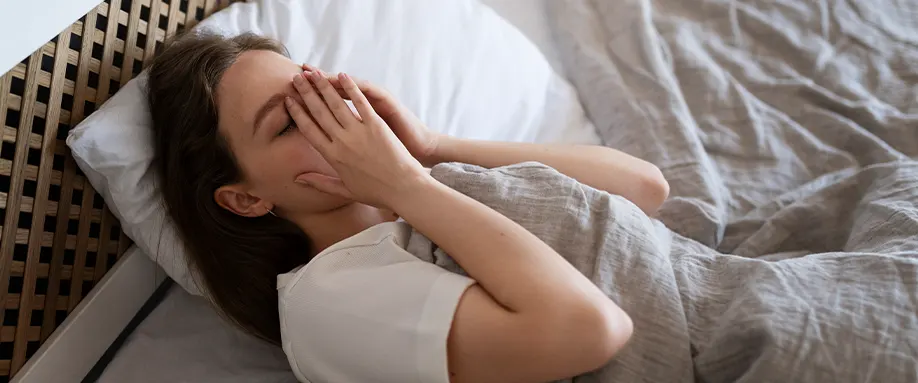Types of Napping
Afternoon naps can be typed in three different ways:
- Planned napping (also called preparatory napping). Involves taking a nap before you actually get sleepy. You may use this technique when you know that you will be up later than your normal bed time or as a mechanism to ward off getting tired earlier.
- Emergency napping. Occurs when you are suddenly very tired and cannot continue with the activity you were originally engaged in. This type of nap can be used to combat drowsy driving or fatigue while using heavy and dangerous machinery.
- Habitual napping. It’s practiced when a person takes a nap at the same time each day. Young children may fall asleep at about the same time each afternoon or an adult might take a short nap after lunch each day.
Benefits of afternoon naps
As with everything, there are positive things when it comes to the afternoon naps. Let's check them out!
Provides a memory boost
In one study, participants who napped regularly for 10-, 20-, and 30-minute periods improved their performance on cognitive tests of memory and vigilance conducted in the subsequent two and a half hours. While those who napped more than 20 minutes suffered from grogginess, the 10-minute nappers experienced an immediate boost in performance. Other studies have shown similar findings.

Lowers blood pressure
A study published in the Journal of Applied Physiology found that the “siesta habit” is associated with a 37% reduction in coronary mortality. That’s possible because of reduced cardiovascular stress associated with daytime sleep. While they admit that they don’t know whether the benefit came from the nap itself, a reclined position, or merely just the expectation of a nap, they concluded that this decrease in blood pressure may be why lower coronary mortality has been found in those who take naps.
Calms your nerves
A University of Berkeley study found that a 90-minute nap can potentially keep you calm. When study participants were shown faces that expressed anger, fear and happiness at noon, and then again at 6:00 p.m. They found that the subjects were significantly more upset by angry and fearful faces later in the day. However, not if they had a 90-minute lunchtime nap in which they experienced REM sleep.

Improve alertness
Well, it’s not much of a surprise here. A NASA study on sleepy military pilots and astronauts found that a 40-minute nap improved performance by 34% and alertness to 100%. While you may not be driving a rocket ship, the foundation recommends a quick nap before driving your car to reduce the risk of a drowsy driving car crash.
Enhances creativity
The mind loves a nap. Daytime sleep can enhance creative thinking, boost cognitive processing, improve memory recall and generally clear out the cobwebs.

Boosts willpower
Things can be tough when you’re low on energy. Especially when it comes to matters of willpower, which is often highest in the morning when the brain is fresh. When suffering from sleep deprivation, your brain has an especially hard time ignoring distractions and controlling impulses. A mid-day “power nap” can reverse the usual willpower drain from morning to night. Adding that a nap can reduce stress, improve mood, and restore focus is always a plus.
It's better than coffee
Researchers have found that while longer naps may cause grogginess, they also get in some good REM sleep. That is where complex learning and perceptual skills appear. In one experiment, sleep scientists directly compared caffeine intake (200mg) with napping (60–90 minutes) and placebo on three distinct memory processes:
- declarative verbal memory
- procedural motor skills
- perceptual learning
Overall, the nap improved performance across all three different learning areas, while caffeine impaired (or at least did not benefit) performance.

What if you can't take afternoon naps?
Although the benefits of naps are many, not everyone has an easy time of falling asleep in the middle of the day. For those, even just quiet rest or a short meditation session can do wonders. Simple breathing exercises can help. Like breathing slowly and counting your breaths or inhale for a count of three and exhale to a count of six, repeat. They can help slow down your brain and can potentially be restorative.
Conclusion
Although humans are usually sleeping in one phase, there are people who prefer a shorter night’s sleep and afternoon nap. There are several types of naps, and also a fair number of benefits from them. The biggest benefits are memory rejuvenation, lowering of the blood pressure, calming oneself down, boosts creativity, alertness and willpower. And, scientifically proven, naps work better than coffee. If you can’t nap, sometimes is enough to just lay down and rest quietly or meditate.

















There are no comments yet
"*" indicates required fields